Okay to fertilize in extreme heat?
13 years ago
Featured Answer
Sort by:Oldest
Comments (10)
- 13 years ago
Related Professionals
New Bedford Landscape Architects & Landscape Designers · Redondo Beach Landscape Architects & Landscape Designers · Norwood Landscape Contractors · Bethel Park Landscape Contractors · Firestone Landscape Contractors · Lynchburg Landscape Contractors · Forest Hill Landscape Contractors · Holliston Solar Energy Systems · Syosset Solar Energy Systems · Muncie Window Contractors · Phelan Window Contractors · Suitland Window Contractors · Clermont Fence Contractors · Beaverton Fence Contractors · North Miami Beach Fence Contractors- 13 years ago
- 13 years ago
- 13 years ago
- 13 years ago
- 13 years ago
- 13 years ago
- 13 years ago
- 5 years ago
Related Stories

GARDENING GUIDESGet on a Composting Kick (Hello, Free Fertilizer!)
Quit shelling out for pricey substitutes that aren’t even as good. Here’s how to give your soil the best while lightening your trash load
Full Story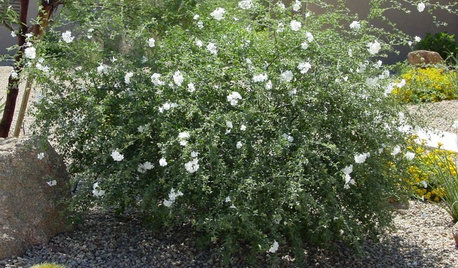
GARDENING GUIDESGreat Design Plant: Little-Leaf Cordia Handles Desert Extremes
Its delicate white flowers are rare in hot and dry sites, but Cordia parvifolia offers more than mere beauty
Full Story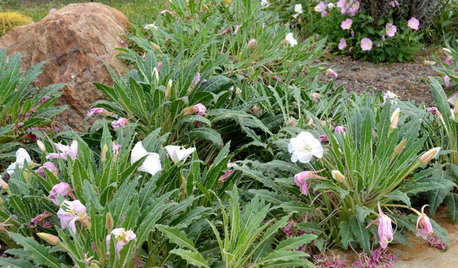
GARDENING GUIDES10 Cold- and Heat-Tolerant Perennials and Shrubs for the Arid West
These flowering native plants shrug off the cold of winter and heat of summer while adding beauty to the drought-tolerant landscape
Full Story
GARDENING GUIDESHow to Switch to an Organic Landscape Plan
Ditch the chemicals for a naturally beautiful lawn and garden, using living fertilizers and other nontoxic treatments
Full Story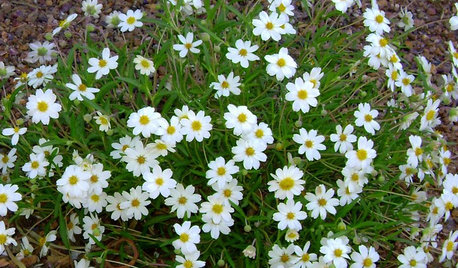
GROUND COVERSGreat Design Plant: Blackfoot Daisy for Prettier Dry Ground
Don’t let its delicate looks fool you. This ground cover can survive extreme cold and heat, and with little water to boot
Full Story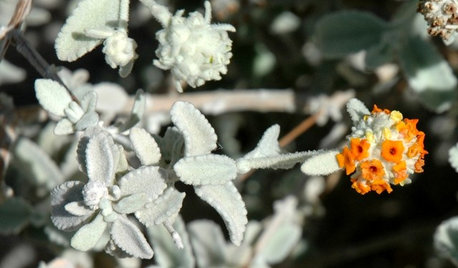
GARDENING GUIDESGreat Design Plant: Buddleja Marrubiifolia
Beautiful color, soft texture and the ability to thrive in the extreme temperatures of the Southwest make woolly butterfly bush a winner
Full Story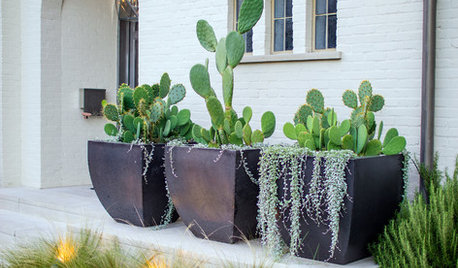
CONTAINER GARDENSCactus and Succulent Containers Are Ideal for Hot, Sunny Spots
Bring on the sun with these heat-loving succulent container gardens
Full Story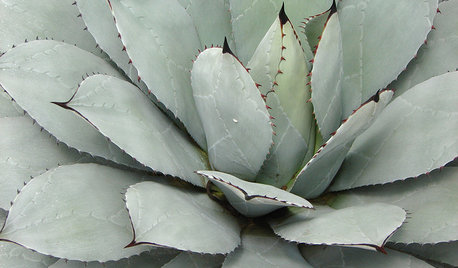
FOLIAGEGet a Cool Garden Look With Gray and Blue Plants
Looking for plants that calm with color in the heat of summer? Look no further than these 14 soothing beauties
Full Story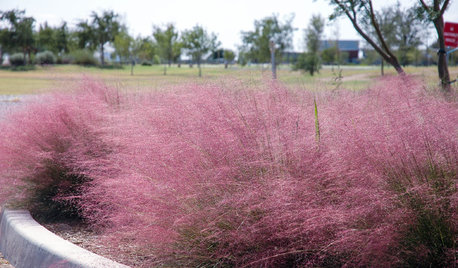
NATIVE PLANTS10 Top Plants Native to the Desert Southwest
Get a thriving garden despite unforgiving conditions with these tough, unthirsty, sun-loving beauties
Full Story
EARTH DAYThe Case for Losing the Traditional Lawn
Work less, help the environment and foster connections by just saying no to typical turf
Full Story


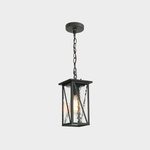




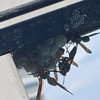
meyermike_1micha